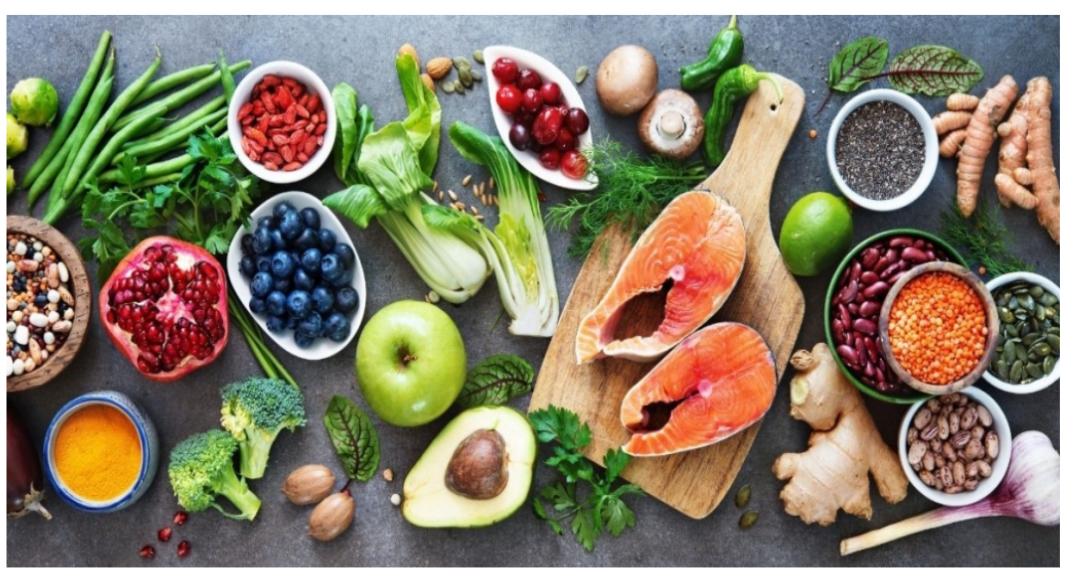TCV 90/91, opposite Patient Mitra Pharmacy, Opposite Ram Manohar Lohiya Hospital, Vibhuti Khand, Gomti Nagar, Lucknow, Uttar Pradesh 226010

Patients of kidney disease need to follow some specific diet protocols which majorly depend upon the underlying cause of kidney disease and severity of kidney dysfunction along with other comorbidities like hypertension, diabetes mellitus, and obesity.
The diet protocols vary differently in acute kidney injury, chronic kidney disease, and in patients who are on dialysis or post-kidney transplant recipients.
The major determinants of diet are daily energy, protein, salt, and fluid intake.
A proper renal diet is composed of ingredients and energy sources that maintain the balance between basic requirements of body health and avoiding untoward effects.
Diet has an important role in the prevention of chronic kidney disease progression. Most of the patients are advised to take a low-salt low-fat diet. The amount and type of protein intake also have a significant role. Some patients are advised to take a low protein diet (LPD) or very low protein diet (VLPD) while other patients who are on dialysis require a high protein diet It is advisable for every kidney disease patient to follow a specific diet that is kidney-friendly and advised by nutritional specialist. Kidney patients should be in regular follow-up with a nephrologist who investigates at regular intervals as required and tells about the changes in diet if needed.
TCV 90/91, opposite Patient Mitra Pharmacy, Opposite Ram Manohar Lohiya Hospital, Vibhuti Khand, Gomti Nagar, Lucknow, Uttar Pradesh 226010
nephrosapians@gmail.com
Copyright @ 2024 || Designed With 